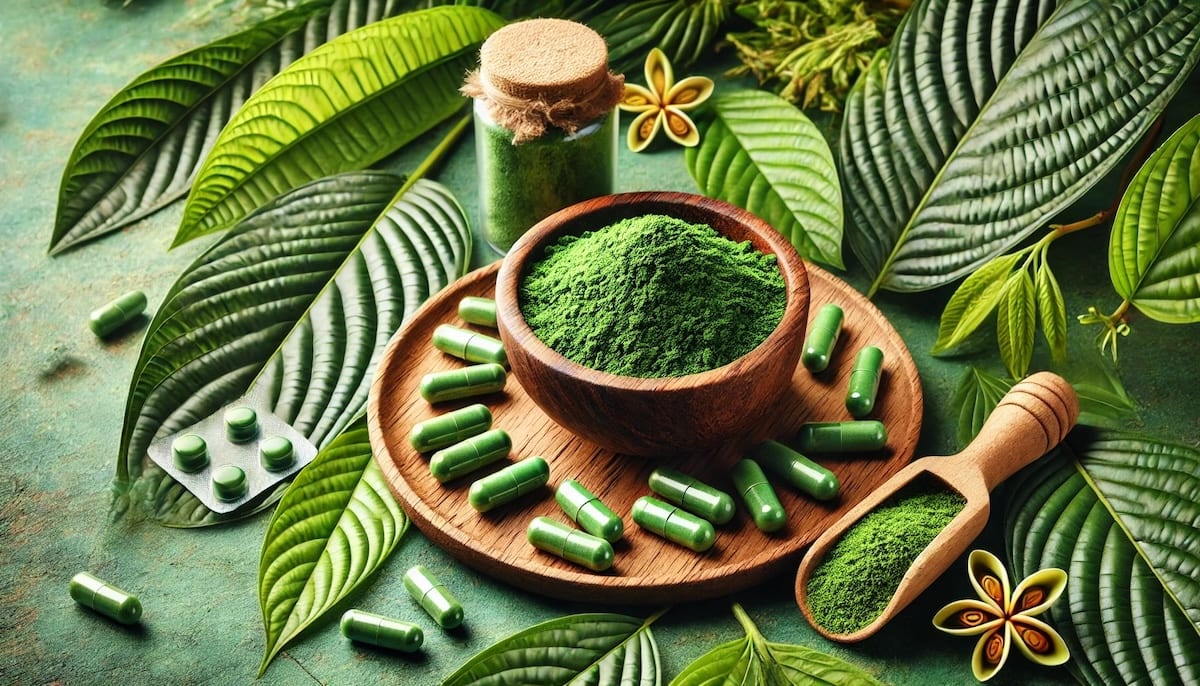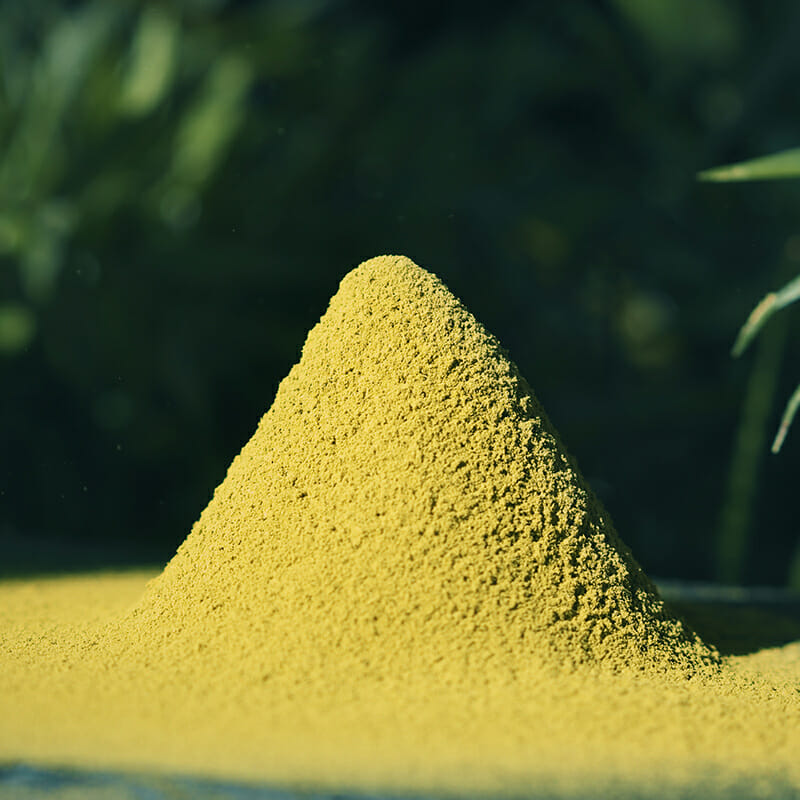Respect your elders, and take your Elderberry. You already know why you should do the former, but what about the latter? What even is Elderberry, and why are herbalists and naturopaths so emphatic about their support of this interesting little plant? These questions and more will be answered in this article.
We’re diving deep into the history and use cases of Elderberry, and we’re serving up some food for thought if you’re considering trying Elderberry yourself. If you haven’t heard about the Sambucas genus of plants yet, prepare for a potentially life-changing revelation.
Join the Kats Botanicals team as we take you on a journey into a fascinating realm of plant-based wellness brought to you by a plant that has been prized by humanity for thousands of years.
What Is Elderberry?
 There’s no such thing as a ‘silver bullet’ for health and wellness, whether natural or not. However, there are a select few herbs that come pretty darn close. Along with Ashwagandha, Elderberry could be considered one of them.
There’s no such thing as a ‘silver bullet’ for health and wellness, whether natural or not. However, there are a select few herbs that come pretty darn close. Along with Ashwagandha, Elderberry could be considered one of them.
The term ‘Elderberry’ is used to describe the ~30 varieties of plants contained in the Sambucas genus of botanical species. Elder plants are incredibly hardy, as they are not sensitive to soil type or pH level, and they grow profusely wherever there is adequate sunlight. In parts of Europe, Elder plants are used as hedges because of their dense, easily pruned foliage. While there are roughly 30 different species of the Elder plant contained in the Sambucas genus, only a handful of them are cultivated specifically for the production of Elderberry supplements. They are S. canadensis, S. cerulea, S. ebulus, S. nigra, and S. racemosa.
Elder plants form flowers and berries throughout the course of their life. Both contain high amounts of essential nutrients and antioxidants, both of which we’ll discuss in more detail here in a bit. While the extracted plant matter from the berries and flowers of Sambucas plants have incredible nutritional value, other parts of the plant – stems, roots, etc. – are not fit for human consumption. This makes harvesting Elderberry a meticulous practice that isn’t easily suited for commercial agriculture.
Want full-body wellness? Try our CBD and Kratom product lines for whole-body support day or night.
History of Elderberry
The earliest records of Elderberry cultivation date back to ancient Switzerland (around 2000 BC), evidenced by Elder seeds that have been found in Neolithic pole-dwellings. Hippocrates, an ancient Greek physician colloquially known as the ‘Father of Medicine’, referred to Elderberry as “Nature’s Medicine Chest” because of its broad spectrum of wellness-enhancing properties.
As impressive as Elderberry is, we’re not sure Hippocrates knew about Shilajit‘s nutritive content of over 85 minerals, vitamins, and antioxidants! We’re pretty sure he would’ve been excited about it – and the “mind blown” emoji may have been invented centuries earlier!
In the Civil War era, when both the Confederate and Union armies were critically short of medicinal supplies, Elderberry was given to soldiers in the form of a poultice useful for supporting them on or off the battlefield. The flowers of the Elderberry plant were also brewed into a kind of infusion that was used to treat peripheral injuries. In more recent years, numerous studies have pointed to Elderberry as having potent antibacterial properties as well as naturally occurring plant alkaloids that have been shown to help support the body’s natural defense mechanisms.
Today, Elderberry capsules are used by millions of people around the world as part of a holistic approach to wellness using an herb that has been relied upon by humanity in some way, shape, or form for centuries. When shopping for Elderberry, be sure to buy lab-tested so that you get a pure and effective product.
Did you know? Kratom also contains alkaloids, and a great variety of them. This includes Mitragynine and 7-Hydroxymitragynine, two plant alkaloids that are drawing much attention from a wide consumer base (not just the wellness afficionados!) of people who want natural ways to find energy, relief, rest and more!
Benefits of Elderberry
The benefits of Elderberry supplementation are quite broad, mostly because the flowers and berries of the Elderberry plant contain high amounts of essential vitamins and minerals. These include Vitamin A, Potassium, Vitamin C, Folate, Calcium, and Iron. So, using Elderberry might have the highest value for people who might not be otherwise getting the nutrition they need from their existing diet. The high amounts of beta carotene contained in Elderberry help to combat free radicals that build up within the body as a result of oxidative stress. Oxidative stress is something we all deal with as a result of our bodies’ natural defenses in our daily environment.
As such, taking Elderberry can help support the body’s ability to better manage cellular deterioration over time. In one fascinating study, taking Elderberry ten days before and five days after air travel significantly helped to reduce cold and flu-like symptoms. Elderberries are especially dense with Flavanols – plant-based compounds with antioxidant properties. Recent studies have suggested that Flavanols may support numerous systems throughout the body. It’s important to remember that, on the whole, Elderberry research is still being conducted and further studies are needed to arrive at a confident and comprehensive understanding of how this plant can help us when it comes to supporting health. However, it’s nutritional content has been fairly well agreed upon, and as a source of essential nutrients, Elderberry’s value has broad consensus.
Taking Elderberry Supplements
So, how much Elderberry should you take? What is the best form of Elderberry supplementation? While you could go outside and try to locate Elderberry plants near you, identify their berries and flowers, harvest them, and concoct your own supplements, that’s not generally recommended. Instead, purchase high-quality, laboratory-tested Elderberry in capsule or tablet form. Some Elderberry supplements on the market are non-GMO, contain no animal products, and are vegan/vegetarian-friendly. To use Elderberry, follow the manufacturer’s instructions regarding amount and frequency of dosing. As with all nutritional supplements, be sure to consult with your doctor to determine if using Elderberry is right for you.
At Kats Botanicals, we’re passionate about the many ways herbs like Elderberry can enhance our daily lives. We offer lab-tested botanicals for your whole body and mind, guaranteed free from heavy metals and pathogens. Here are some of our most well-known homeopathic care supplements, ready to complete your best wellness regimen:
- CBD isolate products in CBD oils, gummies, or roll-on form for full-body natural support for bodily systems, providing relief and balance right where you need it.
- Over 44 different Kratom strains to bolster your natural energy levels, ease you into or out of a long day, or to simply feel your best!
- Kava Root Powders to release your inner social butterfly.
- Shilajit for dozens of trace minerals and vitamins in one powerful resin.
- A variety of naturopathic gummies like Collagen, Moringa, and Turmeric.











